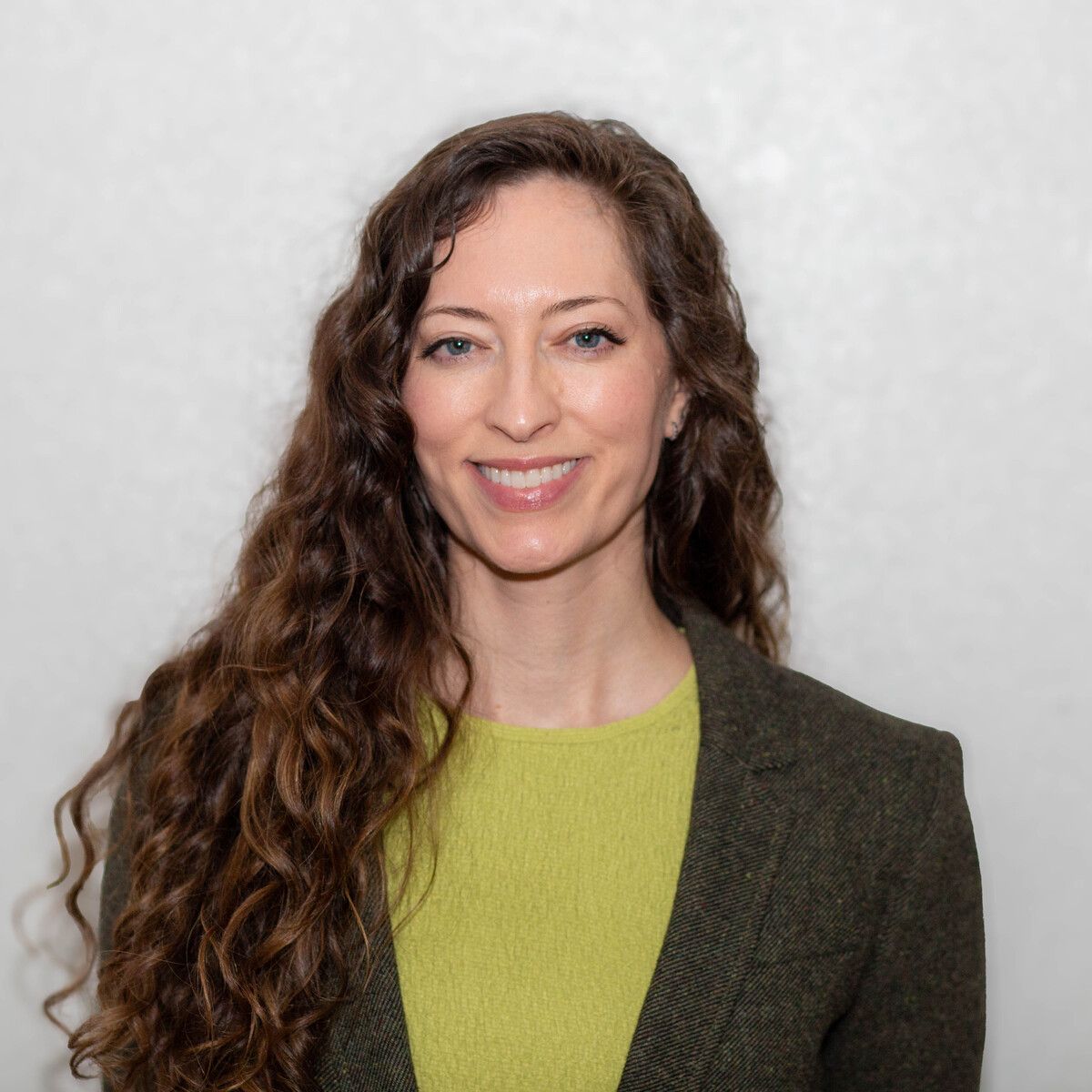
Dr. Jacqueline Nwando Olayiwola speaks at the Women Business Collaborative’s Action for Impact Summit on Sept. 15, 2025.
What you probably already know: More than 27 million people in the U.S. — roughly 8% of the population — were uninsured in 2024. While this is a significant improvement over recent years, glaring disparities remain across a multitude of factors such as race and ethnicity, socioeconomic status, location, gender and disability status. Nearly one in four Hispanic adults lacked health insurance last year, while adults living in states that hadn’t expanded Medicaid were almost twice as likely to be uninsured compared to those living in states that had. Addressing these gaps is complicated, particularly when folks need specialty care, because a health care provider’s formal education doesn’t prepare them for real-world obstacles underserved patients face, Dr. Jacqueline Nwando Olayiwola, president of Advocate National Center for Clinical and Community Impact and Wake Forest School of Medicine professor, said at a virtual conference held this week by the Women Business Collaborative.
Why? Olayiwola said pathogens could behave in unexpected ways if a person with heart disease who lives in a rural area doesn’t have consistent access to medication or adequate nutrition that would enable prescribed drugs to be most effective. “You start to learn that there are all these complexities around it, and for some that's really hard,” she said. “But now, we’re understanding that we can’t get very far if we don’t think about how all of these things are connected and really engage with communities and people and think about health care beyond that immediate clinical diagnosis.” She added that technology alone can’t solve the whole problem, but if used properly, it can be a powerful tool to help people on the fringes of care.
What it means: Olayiwola shared one example involving patients referred to specialty care, such as dermatology or cardiology. Because many practices only accept a specific number of uninsured or Medicaid patients, community health centers are competing to get their patients into limited appointments that are booked more than a year in advance. A web-based referral and consultation program designed in San Francisco aims to expedite the process by having a patient’s primary care physician consult with the specialty care provider on their behalf. When the e-Consult program was implemented at a federally qualified community health care center in Connecticut, Olayiwola said nearly 70% of referrals made to specialists could instead be seen by primary care providers who received guidance from specialists. These patients were able to avoid traveling to a specialist and missing a day of work, which could mean a day of lost wages. “By reducing that bottleneck, you could also get more patients who really needed to be seen into the specialist,” Olayiwola said.
What happens now? Olayiwola said business leaders, particularly women leaders, can play a huge role in helping others climb the career ladder to reach a place where they can start implementing major changes for disenfranchised populations. “When you ascend to where you're going, you get to that senior role, send the elevator back down,” she said. “Be willing to invest in folks that might not be able to ascend the way you did, or give them a chance to ascend the way you did.”
— Story by Cambrie Juarez
[email protected]

